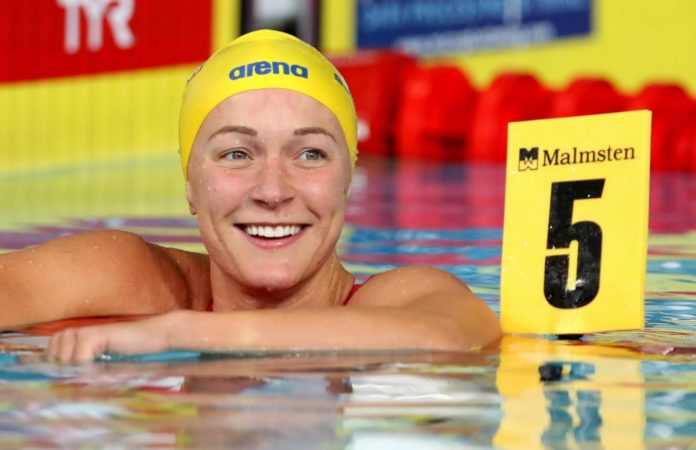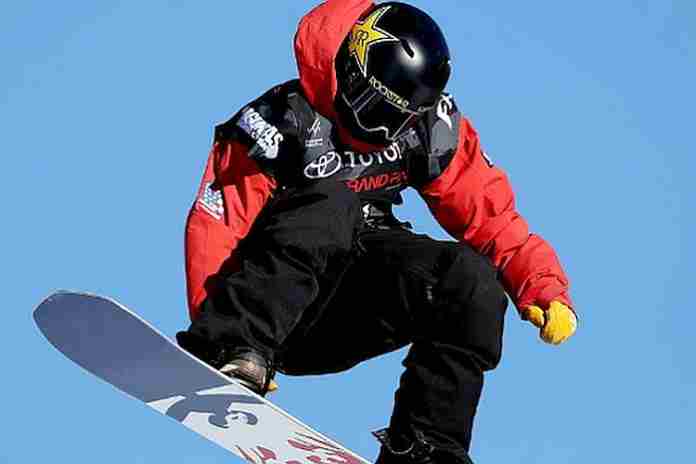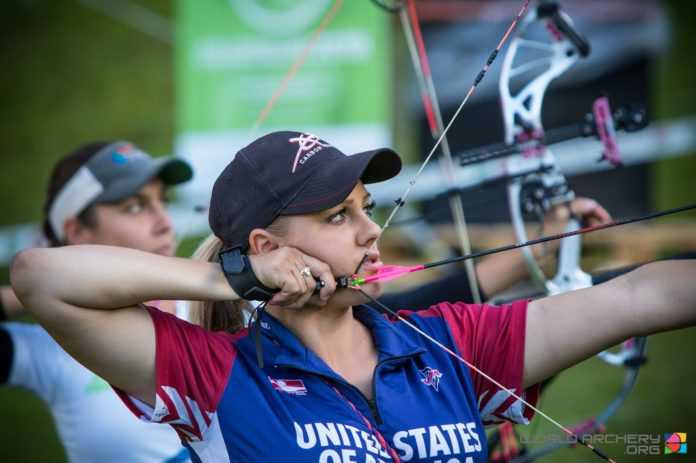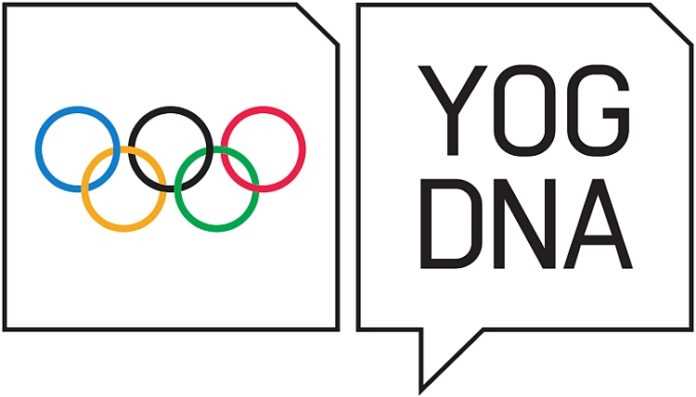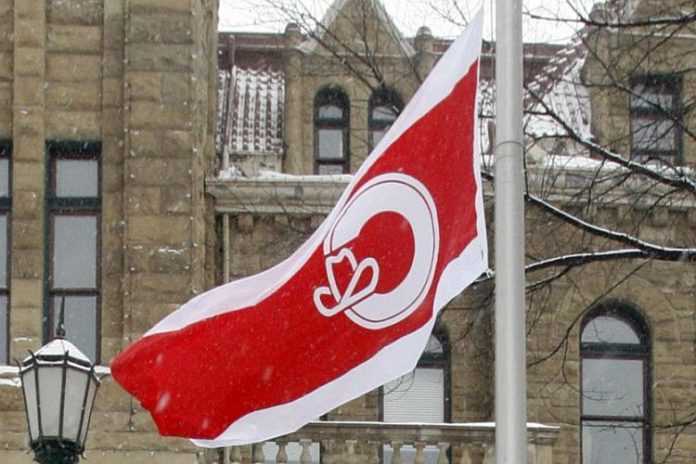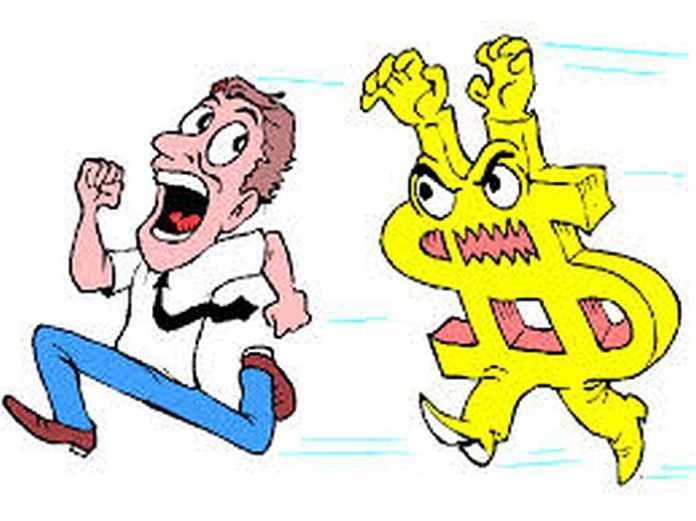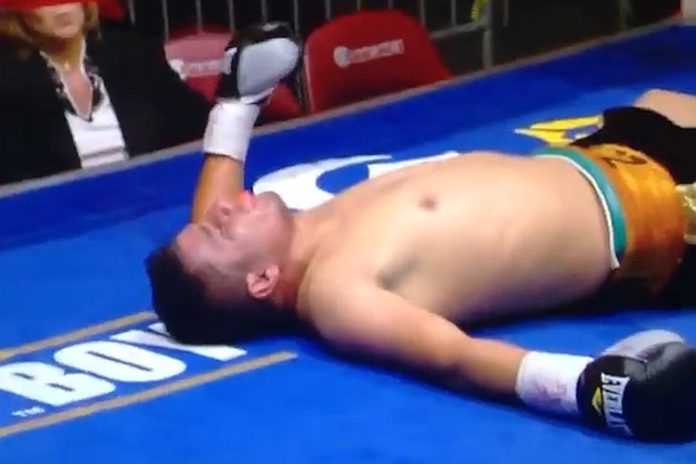With a World Indoor Championships in March and the Commonwealth Games in April, this has been a long season for the world’s top track & field athletes and it showed at the IAAF Continental Cup in Ostrava (CZE) over the weekend.
The winning marks were generally good, but the odd format of the meet detracted from the competition and made the event even more of a circus than a normal track meet! But there were plenty of highlights:
∙ There was one world-leading mark from the meet, the 8:27.50 in the 3,000 m by Dutch star Sifan Hassan. Remember, the 3,000 m and Steeples had the “devil-take-the-hindmost” format where the last-placed runner after three laps was shown a red card and had to leave the track, so there was some pressure on the pace in these races.
∙ In the sprints, American Noah Lyles came on at the end as usual to edge China’s Bigntian Su, 10.01-10.03, and Bahrain’s Abdalelah Haroun ran 44.72 to win the 400 m and set himself up next year’s showdowns with Michael Norman of the U.S. and Steven Gardiner of the Bahamas.
∙ In the elimination distance races, Paul Chelimo of the U.S. won the men’s 3,000 m (7:57.13) and Conseslus Kiptuto (KEN) won the Steeple in 8:22.55. It’s a nice win for Chelimo, whose tactical brilliance has brought him medals, but few victories. Maybe this will change in 2019.
∙ Sergey Shubenkov (RUS) won the 110 m Hurdles to secure his place as the best in the world for 2018 and Qatar’s Abderrahman Samba completed one of the greatest seasons of all time in the 400 m Hurdles, winning in 47.37. Samba finished his season with nine wins (in finals) and nine marks under 48 seconds, tying the seasonal record of Danny Harris (USA) in 1990 and Kevin Young (USA) in 1992.
∙ In the field events, Sam Kendricks won the vault at 5.85 m (19-2 1/2) and Christian Taylor won the triple jump at 17.59 m (57-8 1/2). Brazil’s Darlan Romani surprised New Zealand world leader Tom Walsh in the shot put at 21.89 m (71-10); American Ryan Crouser had the second-best mark at 21.63 m (70-11 3/4), but the goofy advancement rules of one per continent left him in fifth place!
∙ The women’s sprints confirmed the quality of Marie-Josee Ta Lou (CIV) in the 100 m (11.15) and Shaunae Miller-Uibo (BAH: 22.16) and that anyone other than Miller-Uibo is going to have a hard time beating Salwa Eid Naser (BRN) in the 400 m. She won easily in 49.32, won 10 of her 11 races this season – losing only to Miller-Uibo – and ran under 50 seconds seven times, all at age 20.
∙ Who knows how the protest against the IAAF’s new rules against hydroandrogenism will come out, but South Africa’s Caster Semenya demonstrated again her prowess by running a national-record 49.62 for second in the 400 m, then came back on Sunday to win the 800 m from the front in 1:54.77, the eighth-fastest performance in history. She now owns of three of the top eight times ever.
∙ The women’s 1,500 m was slow, with Kenya’s Winny Chebet out-dueling American Shelby Houlihan, but Hassan was strong in the 3,000 m, but wasn’t enchanted with the elimination format. “I do not like the new format because we are not in high school anymore,” she said afterwards. Kenya’s world-record holder Beatrice Chepkoech kept up her hot running with a 9:07.92 win in the Steeple. She was very much aware of the elimination format.
“Yesterday when I saw the elimination run, I thought I had to run in front in order not to be in the eliminations. I was tired I must say after the season, but I did not want to set a slow pace and then speed up every lap to escape the elimination. I knew what was going on behind me because I was watching it on the screen.”
American Courtney Frerichs also stayed out of trouble for second in 9:15.22.
∙ In the field events, Colombia’s Caterine Ibarguen became the first to win both the long jump and triple jump in the World Cup/Continental Cup. After a convincing win in the triple jump on Saturday (14.76 m/48-5 1/4), she came back with a national record 6.93 m (22-9) to win the long jump on Sunday.
The most glaring oddity of the shoot-out format of this event came in the discus, where Sandra Perkovic (CRO) threw 68.44 m (224-6) in the first round, easily the best of the day and qualifying her for the fourth round. She again led with 65.57 m (215-1) and moved to the fifth and final round again Cuba’s Yaime Perez. She then Perkovic fouled and Perez had a fair throw at 65.30 m (214-3) that made her the winner! According to the IAAF report on the event, Perkovic will get the $30,000 first prize for having the longest throw, but nowhere in the event regulations does it say that!
American DeAnna Price threw in only two meets during the summer, but was in good form in Ostrava, leading after three rounds, getting the best throw in round four and then winning the title in round five at 75.46 m (247-7) to beat Anita Wlodarczyk (POL: 73.45 m/240-11). Next on her schedules is her 13 October wedding to her coach, James Lambert!
There was a lot of interest in the team format from the athletes, but the continental team formula needs a lot of work to be useful in the future. The prize money was $30,000-15,000-10,000-7,000-5,000-3,000-2,000-1,000 for individual events and $30,000-20,000-10,000-8,000 for relays. Summaries:
IAAF Continental Cup
Ostrava (CZE) ~ 8-9 September 2018
(Full results here)
Team Scores: 1. Americas, 262; 2. Europe, 233; 3. Asia-Pacific, 188; 4. Africa, 142.
Men
100 m (wind 0.0 m/s): 1. Noah Lyles (USA), 10.01; 2. Bingtian Su (CHN), 10.03; 3. Akani Simbine (RSA), 10.11; 4. Jak Ali Harvey (TUR), 10.19; 5. Arthur Cisse (CIV), 10.23.
200 m (-1.67): 1. Alonso Edward (PAN), 20.19; 2. Ramil Guliyev (TUR), 20.28; 3. Alex Quinonez (ECU), 20.36; 4. Yuki Koike (JPN), 20.57; 5. Churandy Martina (NED), 20.68.
400 m: 1. Abdalelah Haroun (BRN), 44.72; 2. Boboloki Thebe (BOT), 45.10; 3. Nathan Strother (USA), 45.28; 4. Matthew Hudson-Smith (GBR), 45.72; 5. Muhammed Yahiya (IND), 45.72.
800 m: 1. Emmanuel Korir (KEN), 1:46.50; 2. Clayton Murphy (USA), 1:46.77; 3. Nijel Amos (BOT), 1:46.77; 4. Andreas Kramer (SWE), 1:47.03; 5. Michal Rozmys (POL), 1:47.05.
1,500 m: 1. Elijah Manangoi (KEN), 3:40.00; 2. Marcin Lewandowski (POL), 3:40.42; 3. Jakob Ingebrigtsen (NOR), 3:40.80; 4. Charles Philibert-Thiboutot (CAN), 3:40.90; 5. Ryan Gregson (AUS), 3:40.91. Also: 7. Drew Hunter (USA), 3:43.95.
3,000 m: 1. Paul Chelimo (USA), 7:57.13; 2. Mohammed Ahmed (CAN), 7:57.99; 3. Henrik Ingebrigtsen (NOR), 7:58.85; 4. Stewart McSweyn (AUS), 8:02.01.
3,000 m Steeple: 1. Conseslus Kipruto (KEN), 8:22.55; 2. Matthew Hughes (CAN), 8:29.70; 3. Yohanes Chiappinelli (ITA), 8:32.89; 4. Fernando Carro (ESP), 8:33.76.
110 m Hurdles (+0.9): 1. Sergey Shubenkov (RUS), 13.03; 2. Ronald Levy (JAM), 13.12; 3. Pascal Martinot-Lagarde (FRA), 13.31; 4. Antonio Alkana (RSA), 13.36; 5. Devon Allen (USA), 13.57.
400 m Hurdles: 1. Anderrahman Samba (QAT), 47.37; 2. Annsert Whyte (JAM), 48.46; 3. Karsten Warholm (NOR), 48.56; 4. Yasmani Copello (TUR), 48.65; 5. Andelmalik Lahoulou (ALG), 49.12.
4×100 m: 1. Americas (Rodgers/USA, Lyles /USA, Blake/JAM, Tracey/JAM), 38.05; 2. Europe, 38.96; 3. Asia-Pacific, 39.55.
High Jump: 1. Donald Thomas (BAH), 2.30 m (7-6 1/2); 2. Brandon Starc (AUS), 2.30 m (7-6 1/2); 3. Maksim Nedasekau (BLR), 2.27 m (7-5 1/4); 4. Majd Eddin Ghazal (SYR), 2.24 m (7-4 1/4); 5. Ilya Ivanyuk (RUS), 2.24 m (7-4 1/4). Also: 6. Bryan McBride (USA), 2.20 m (7-2 1/2).
Pole Vault: 1. Sam Kendricks (USA), 5.85 m (19-2 1/4); 2. Renaud Lavillenie (FRA), 5.80 m (19-0 1/4); 3. Shaen Barber (CAN), 5.65 m (18-6 1/2); 4. Timor Mogunov (RUS), 5.65 m (18-6 1/2); 5. Stephen Clough (AUS), 5.10 m (16-8 3/4).
Long Jump: 1. Ruswahl Saamai (RSA), 8.16 m (26-9 1/4); 2. Miltiadis Tentoglou (GRE), 8.00 m (26-3); 3. Jeff Henderson (USA), 7.98 m (26-2 1/4); 4. Henry Frayne (AUS), 7.96 m (26-1 1/2); 5. Jianan Wang (CHN), 7.95 m (26-1).
Triple Jump: 1. Christian Taylor (USA), 17.59 m (57-8 1/2); 2. Hugues Fabrice Zango (BUR), 17.02 m (55-10 1/4); 3. Arpinder Singh (IND), 16.59 m (54-5 1/4); 4. Nelson Evora (POR), 16.58 m (54-4 3/4); 5. Cristian Napoles (CUB), 17.07 m (56-0).
Shot Put: 1. Darlan Romani (BRA), 21.89 m (71-10); 2. Tom Walsh (NZL), 21.43 m (70-3 3/4); 3. Michal Haratyk (POL), 21.36 m (70-1); 4. Chukwuebuka Enekwechi (NGR), 20.82 m (68-3 3/4); 5. Ryan Crouser (USA), 21.63 m (70-11 3/4).
Discus: 1. Fedrick Dacres (JAM), 67.97 m (223-0); 2. Matthew Denny (AUS), 63.99 m (209-11); 3. Andrius Gudzius (LTU), 66.95 m (219-8); 4. Victor Hogan (RSA), 63.49 m (208-3); 5. Daniel Stahl (SWE), 64.94 m (213-1). Also: 6. Reggie Jagers (USA), 63.49 m (208-3).
Hammer: 1. Dilshod Nazarov (TJK), 77.34 m (253-9); 2. Mostafa ElGamel (EGY), 74.22 m (253-4); 3. Bence Halasz (HUN), 74.80 m (245-5); 4. Diego del Real (MEX), 75.86 m (248-11); 5. Ashraf Elseify (QAT), 74.08 m (243-0). Also: Sean Donnelly (USA), no mark.
Javelin: 1. Thomas Rohler (GER), 87.07 m (285-8); 2. Chao-Tsun Cheng (TPE), 83.28 m (273-3); 3. Anderson Peters (GRN), 80.86 m (265-3); 4. Julius Yego (KEN), 78.41 m (257-3); 5. Jakub Vadlejch (CZE), 84.76 m (278-1).
Women
100 m (-0.4): 1. Marie-Josee Ta Lou (CIV), 11.14; 2. Dina Asher-Smith (GBR), 11.16; 3. Jenna Prandini (USA), 11.21; 4. Dafne Schippers (NED), 11.23; 5. Angela Tenorio (ECU), 11.44.
200 m (+0.1): 1. Shaunae Miller-Uibo (BAH), 22.16; 2. Schippers (NED), 22.28; 3. Ta Lou (CIV), 22.61; 4. Shericka Jackson (JAM), 22.62; 5. Edidiong Odiong (BRN), 22.62.
400 m: 1. Salwa Eid Naser (BRN), 49.32; 2. Caster Semenya (RSA), 49.62; 3. Stephenie Ann McPherson (JAM), 50.82; 4. Lisanne De Witte (NED), 51.51; 5. Shakima Wimbley (USA), 51.59.
800 m: 1. Semenya (RSA), 1:54.77; 2. Ajee Wilson (USA), 1:57.16; 3. Natoya Goule (JAM), 1:57.36; 4. Nataliia Pryshchepa (UKR), 1:59.58; 5. Angela Petty (NZL), 2:01.26.
1,500 m: 1. Winny Chebet (KEN), 4:16.01; 2. Shelby Houlihan (USA), 4:16.36; 3. Rababe Arafi (MAR), 4:17.19; 4. P. Unnikrishnan Chitra (IND), 4:18.45; 5. Linden Hall (AUS), 4:18.82.
3,000 m: 1. Sifan Hassan (NED), 8:27.50; 2. Senbere Teferi (ETH), 8:32.49; 3. Hellen Obiri (KEN), 8:36.20; 4. Konstanze Klosterhalfen (GER), 8:38.04. Eliminated: Lauren Paquette (USA).
3,000 m Steeple: 1. Beatrice Chepkoech (KEN), 9:07.92; 2. Courtney Frerichs (USA), 9:15.22; 3. Winfred Yavi (BRN), 9:17.86; 4. Anna Emilie Moller (DEN), 9:42.57.
100 m Hurdles (-0.1); 1. Danielle Williams (JAM), 12.49; 2. Keni Harrison (USA), 12.52; 3. Pamela Dutkiewicz (GER), 12.82; 4. Elvira Herman (BLR), 12.91; 5. Tobi Amusan (NGR), 12.96.
400 m Hurdles: 1. Janieve Russell (JAM), 53.62; 2. Shamier Little (USA), 53.86; 3. Anna Yaroshchuk-Ryzhykova (UKR), 54.47; 4. Meghan Beesley (GBR), 55.58; 5. Aminat Yusuf Jamal (BRN), 55.65.
4×100 m: 1. Americas (Tenorio/ECU, Miller-Uibo/BAH), Prandini/USA, Rosa/BRA), 42.11; 2. Europe, 42.55; 3. Asia-Pacific, 42.93.
High Jump: 1. Mariya Lasitskene (RUS), 2.00 m (6-6 3/4); 2. Svetlana Radzivil (UZB), 1.95 m (6-4 3/4); 3. Levern Spencer (LCA), 1.93 m (6-4); 4. Marie-Laurence Jungfleisch (GER), 1.91 m (6-3 1/4); 5. Nicola McDermott (AUS), 1.87 m (6-1 1/2). Also: 6. Inika McPherson (USA), 1.82 m (5-11 1/2).
Pole Vault: 1. Anzhelika Sidorova (RUS), 4.85 m (15-11); 2. Katerina Stefanidi (GRE), 4.85 m (15-11); 3. Sandi Morris (USA), 4.85 m (15-11); 4. Yarisley Silva (CUB), 4.55 m (14-11); 5. Lisa Campbell (AUS), 4.00 m (13-1 1/2).
Long Jump: 1. Caterine Ibarguen (COL), 6.93 m (22-9); 2. Brooke Stratton (AUS), 6.71 m (22-0 1/4); 3. Malaika Mihambo (GER), 6.86 m (22-6 1/4); 4. Ese Brume (NGR), 6.61 m (21-8 1/4); 5. Shara Proctor (GBR), 6.63 m (21-9).
Triple Jump: 1. Ibarguen (COL), 14.76 m (48-5 1/4); 2. Olga Rypakova (KAZ), 14.26 m (46-9 1/2); 3. Paraskevi Papachristou (GRE), 14.22 m (46-8); 4. Zinzi Chabangu (RSA), 12.89 m (42-3 1/2); 5. Tori Franklin (USA), 14.27 m (46-10).
Shot Put: 1. Lijiao Gong (CHN), 19.63 m (64-5); 2. Raven Saunders (USA), 19.74 m (64-9 1/4); 3. Christina Schwanitz (GER), 19.73 m (64-8 3/4); 4. Ischke Senekal (RSA), 17.10 m (56-1 1/4); 5. Paulina Guba (POL), 18.94 m (62-1 3/4).
Discus: 1. Yaime Perez (CUB), 65.30 m (214-3); 2. Sandra Perkovic (CRO), 68.44 m (224-6); 3. Yang Chen (CHN), 63.34 (207-10); 4. Chioma Onyekwere (NGR), 56.68 m (185-11); 5. Dani Stevens (AUS), 62.74 m (205-10).
Hammer: 1. DeAnna Price (USA), 75.46 m (247-7); 2. Anita Wlodarczyk (POL), 73.45 m (240-11); 3. Na Luo (CHN), 67.39 m (221-1);� 4. Temi Ogunrinde (NGR), 59.15 m (194-0); 5. Alexandra Ravernier (FRA), 70.45 m (231-1).
Javelin: 1. Huihui Liu (CHN), 63.88 m (209-7); 2. Christin Hussong (GER), 62.96 m (206-7); 3. Kara Winger (USA), 60.38 m (198-1); 4. Jo-Ane van Dyk (RSA), 52.69 m (172-10); 5. Laila Domingos (BRA), 60.07 m (197-1).
Mixed
4×400 m: 1. Americas (Christian Taylor/USA. Luguelin Santos/DON, Stephenie Ann McPherson/JAM), Shaunae Miller-Uibo /BAH), 3:13.01; 2. Africa, 3:16.19; 3. Asia-Pacific, 3:18.55; Europe, disqualified.





















